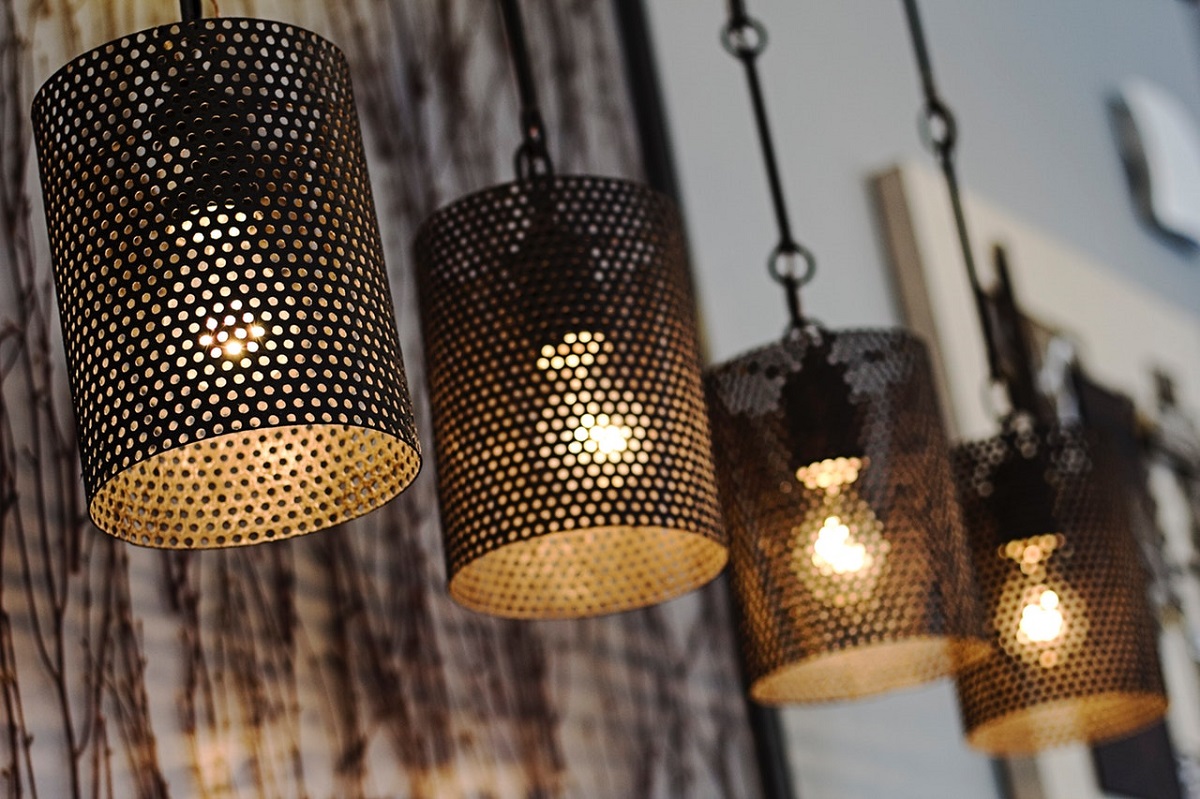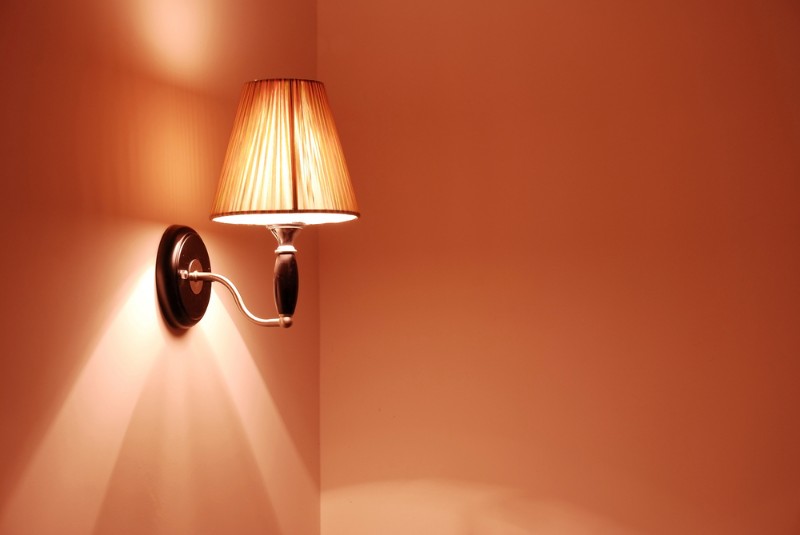

Develop preliminary concept statement and begin rough cue synopsis.Begin attending rehearsals regularly, these should be run-throughs whenever possible.Review script, noting both “broad-stroke” and “moment to moment” demands.Discuss overall production concept, theme, style, period, etc. Whenever possible it is best if this includes the entire design team. Schedule a conversation about the play with the director and your mentor.Obtain a current section and groundplan of the theater from your mentor or the technical director.Make sure the stage manager has all of your current contact information. Attend all design and production meetings.It is important that you meet these dates because it affects the work of so many other people. Consult the departmental production calendar and note all due dates.

Determine research and dramaturgical needs. Read the script several times, taking note of overall story and theme and specific physical needs.Michael Gillette’s Theatrical Design and Production, 6 th ed.) Expectations The designer must also furnish all associated paperwork for the design including hook-ups, schedules, cut lists, and a cue synopsis.

To show where the lighting equipment will be placed, the lighting designer produces a light plot specifying the placement and configuration of all instruments used in the production. Patience, stamina, physical agility and ability to work comfortably at heights.The Lighting Designer is responsible for the design, installation, and operation of the lighting and special electrical effects used in the production.
#THEATRE LIGHTING DESIGN JOBS MANUAL#
Manual dexterity and an aptitude for electrical work and electronics.Ĭreative flair and excellent attention to detail.Ībility to work quickly and creatively as part of a team. While the ability to rig, focus and fault-find are the minimum requirements, further skills such as lighting desk operation, roped access, electrical qualifications and other certificates are an advantage. Lighting technicians are expected to undertake additional training throughout their careers to keep their knowledge up to date. Run in conjunction with the VEC in Dublin, Stage Pass is becoming the industry standard in Irish theatre. You may be required to possess a Stage Pass which by completing a safety awareness course designed specifically for theatre. Open to non-graduates and graduates of any discipline.Ī pre-entry postgraduate qualification is not a requirement. Theatre lighting sales and hire companies. Opportunities for self-employment: unlikely. Location: in towns or cities throughout the country. Working hours: usually long and unpredictable. Travel: not a routine part of the working day except for those employed with touring companies. Keeping abreast of the advances in technologies and techniques in the industry. Operating within current health and safety regulations to ensure a safe environment. Taking on frontline electrical maintenance duties when needed Maintaining the lighting equipment in good safe working condition. Operating manual and computer-controlled lighting systems during a show. Programming consoles and loading automated colour change systems before a show. Rigging, focusing and operating necessary lighting equipment. Lighting technicians work closely with lighting designers, sound technicians, the director and the stage manager to combine their skills and help create the live theatre experience. They produce the lighting effects seen in live theatre productions and their work can range from operating strobes, lasers and pyrotechnics to providing basic spotlighting depending on the production. Theatre lighting technicians employ high-level skills to prepare, rig, operate and maintain stage lighting systems and electrical effects.


 0 kommentar(er)
0 kommentar(er)
